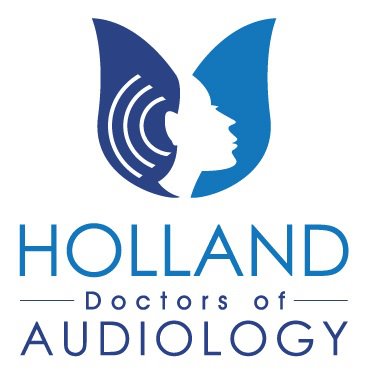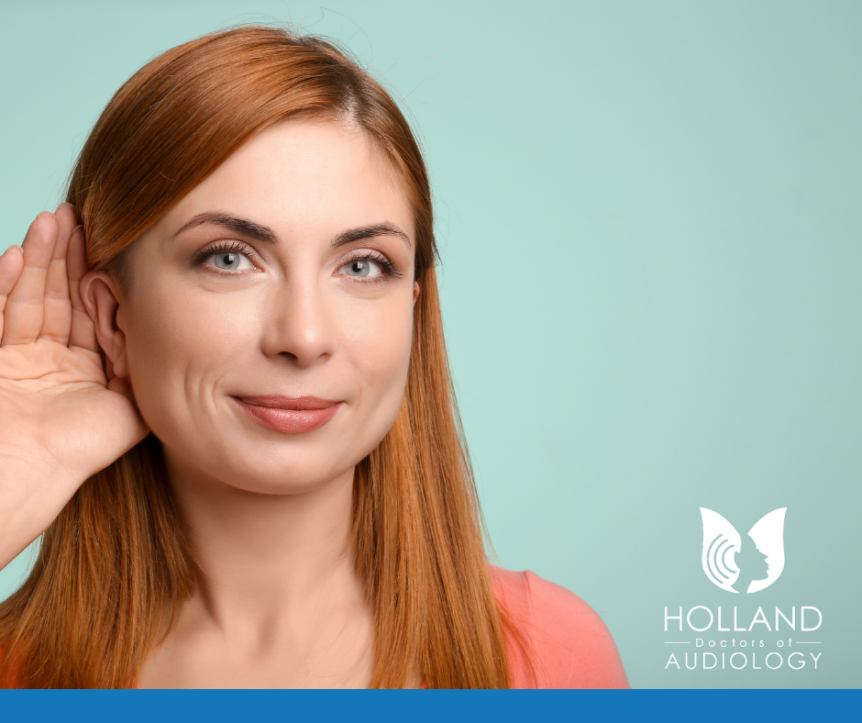I recently had the pleasure of talking to Central Michigan University Students about Audiology as a carreer choice. I received lots of great questions about what we do, so I wanted to share some more information.
As Doctors of Audiology, the most common appointment we have is for hearing testing. Patients may schedule directly because they have hearing difficulties, or may be referred to us from their Primary Care Physicians.
An Audiologic Evaluation is a test that measures hearing levels and speech understanding ability. We can also differentially diagnose where the problem comes from.
Hearing problems can be Outer Ear related (wax, infections, foreign bodies in the ear canal, etc.), Middle Ear related (fluid, pressure, masses or growths in the middle ear space), or Inner Ear related (cochlear damage because of noise, medications, disease, etc.) In some cases we have Central Processing hearing problems where the ear mechanism works well but the brain does not process the sounds correctly.
Audiologic Evaluations are performed using equipment (Audiometers) that deliver calibrated sound to the patient’s ears using headphones or disposable in-ear foam inserts. Tests are performed in a soundproofed and echo-free environment called a Sound Booth. Middle Ear function is assessed with equipment called a Tympanometer (or Immittance Bridge). A small silicone probe tip seals the ear canal, a pump changes air pressure, a speaker sends a tone to the ear and a very sensitive microphone measures changes in the sound, allowing the equipment to indirectly measure middle ear status.
Other equipment we use include Otoacoustic Emissions (OAE) and ABR (Auditory BrainStem Response). These advanced tools allow us to measure hearing function objectively, without requiring any response from patients.
Fun Fact: In all of the US, when babies are born they are screened for hearing loss using either ABR or OAEs. In most instances they sleep through the test and within a few minutes we know if they can hear well!
Vestibular assessments are tests Audiologists perform using specialized equipment to assess the function of the vestibular (balance) nerve. Once we understand why patients are experiencing balance or dizziness issues, there are several ways to help. Canalith repositioning maneuvers are one technique that we use to help patients who suffer from BPPV (Benign Positional Paroxysmal Vertigo). Vestibular assessments and the management of dizzy patients is usually done by Audiologists together with ENT physicians (Ear Nose and Throat.)
Wax removal (ear cleaning, or cerumen management) is a very common procedure in an Audiology practice. Ears can naturally build up wax. In some cases the wax becomes impacted and plugs up the ear canal, not allowing sound to go to the middle/inner ear, thereby creating a hearing loss. Using a variety of tools we can safely and efficiently remove ear wax. Common methods include Irrigation (flushing out with lukewarm water), Suction (a thin needle that vacuums out wax!), or manually with specialized instruments (curettes). Wax often needs to be softened if it’s hard and stuck to the ear canal walls; we use peroxide-based drops (cerumenolytic) before attempting to remove the wax. This also makes the process more comfortable for patients. We perform wax removal tasks using a focused light and under a microscope or magnification.
Many patients have hearing problems that are not related to wax or treatable medical conditions. In those cases we are typically able to help by providing hearing aids that are programmed to the individual’s hearing levels and are selected to best match their needs. The selection, verification, validation and programming adjustments of hearing aids is a large part of our day. In addition to better hearing, today’s digital technology works with smartphones and can turn hearing devices into wireless headsets for phone call and media streaming. We use “Rear Ear” equipement (measuring sound with a tiny probe microphone in the ear) to ensure that patients are getting accurate sound and that the devices are at peak performance. Hearing loss separates us from people and helping patients hear better is one of the most rewarding aspects of Audiology.
We, also, have the honor of helping Veterans obtain help for their disabilities and injuries. They are referred from the Veteran’s Administration system for independent assessments, helping determine whether or not their hearing problems are service-connected.
Tinnitus assessment and management is another big part of our days. While having a phantom ringing/buzzing sound in our ears is common, for some people it’s so bad that it becomes debilitating, causing extreme emotional and functional disturbances. While there is no medical cure for tinnitus, we have a wide range of management options. Sound therapy with ear-level sound generators is a very effective approach for tinnitus management. Together with extensive counseling, we can stimulate the ear with gentle sound allowing the brain to not focus on the negative tinnitus sound and providing soothing relief. Over time we desensitize the brain to tinnitus leading to habituation, where patients no longer notice it.
Over a typical day I will see 10 to 15 patients, some for 20-30minute appointments and others for full evaluations that can take up to 2hrs. In a private practice, in addition to patient care, we have to deal with insurance, billing, administrative and business-related matters. Thankfully, with having excellent support staff, I can mostly focus on patient care.
Audiology is an evolving profession. Research and technology always change what we know and how we can help others. Every year I spend 40 to 80 hours in continuing education and training. I also spend time a day or so every month on professional engagements: I serve on the State Audiology Board and the Board of the American Tinnitus Association.
The challenges, engagement and professional satisfaction from our profession are what drives Audiologists. There are opportunities to explore different passions and Audiology interests in educational settings, pediatric specialties, intraoperative monitoring, cochlear implants, industrial hearing conservation, manufacturing, research, music industry and more. In my case I have found a great balance in private practice, specializing in hearing and tinnitus.
Audiology is a career path that I can strongly recommend.
Stelios Dokianakis, Au.D.
Doctor of Audiology

